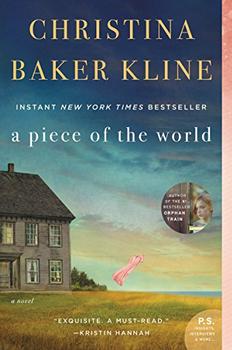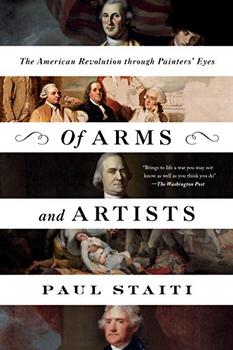Summary | Excerpt | Reading Guide | Reviews | Beyond the book | Read-Alikes | Genres & Themes | Author Bio

From the book jacket: Alessandra Cecchi is not quite fifteen when
her father, a prosperous cloth merchant, brings a young painter back
from northern Europe to decorate the chapel walls in the family's
Florentine palazzo. A child of the Renaissance, with a precocious
mind and a talent for drawing, Alessandra is intoxicated by the
painter's abilities.
But their burgeoning relationship is interrupted
when Alessandra's parents arrange her marriage to a wealthy, much
older man. Meanwhile, Florence is changing, increasingly subject to
the growing suppression imposed by the fundamentalist monk
Savonarola, who is seizing religious and political control.
Alessandra and her native city are caught between the Medici state,
with its love of luxury, learning, and dazzling art, and the
hellfire preaching and increasing violence of Savonarola's
reactionary followers. Played out against this turbulent backdrop,
Alessandra's married life is a misery, except for the surprising
freedom it allows her to pursue her powerful attraction to the young
painter and his art.
Comment: This is an obvious fit for those who've enjoyed
other historical novels with an artistic bent, such as those by
Susan Vreeland and Tracy Chevalier, and will doubtless be a popular
book club choice. However, expect a little more harsh reality
and a little less romance in Durant's book. As the Washington
Post writes 'Dunant has injected a kind of
realpolitik into the genre, making it far more poignant and
interesting' and Kirkus Reviews adds 'no
real surprises in the romance department, but the depiction of
Florence as Tehran under the Ayatollah is an eye-opener.'
Durant has published
a number of previous novels, some set in Italy but this is her first
foray into historical fiction.
![]() This review
first ran in the February 2, 2005
issue of BookBrowse Recommends.
This review
first ran in the February 2, 2005
issue of BookBrowse Recommends.

If you liked The Birth of Venus, try these:

by Christina Baker Kline
Published 2018
From the #1 New York Times bestselling author of the smash hit Orphan Train, a stunning and atmospheric novel of friendship, passion, and art, inspired by Andrew Wyeth's mysterious and iconic painting Christina's World.

by Paul Staiti
Published 2017
A fascinating look at how the art world viewed the American Revolution, and how their work still effects the way we view those events today.
Finishing second in the Olympics gets you silver. Finishing second in politics gets you oblivion.
Click Here to find out who said this, as well as discovering other famous literary quotes!
Your guide toexceptional books
BookBrowse seeks out and recommends the best in contemporary fiction and nonfiction—books that not only engage and entertain but also deepen our understanding of ourselves and the world around us.